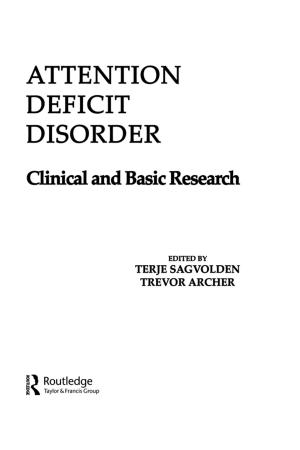| Author: | ISBN: | 9781317981282 | |
| Publisher: | Taylor and Francis | Publication: | June 11, 2014 |
| Imprint: | Routledge | Language: | English |
| Author: | |
| ISBN: | 9781317981282 |
| Publisher: | Taylor and Francis |
| Publication: | June 11, 2014 |
| Imprint: | Routledge |
| Language: | English |
The European Court of Justice (ECJ) has played a vital role in promoting the process of European integration. In recent years, however, the expansion of EU law has led it to impact ever more politically sensitive issues, and controversial ECJ judgments have elicited unprecedented levels of criticism. Can we expect the Court to sustain its role as a motor of deeper integration without Member States or other countervailing forces intervening? To answer this question, we need to revisit established explanations of the Court’s power to see if they remain viable in the Court’s contemporary environment. We also need to better understand the ultimate limits of the Court’s power – the means through which and extent to which national governments, national courts, litigants and the Court’s other interlocutors attempt to influence the Court and to limit the impact of its rulings.
In this book, leading scholars of European law and politics investigate how the ECJ has continued to support deeper integration and whether the EU is experiencing an increase in countervailing forces that may diminish the Court’s ability or willingness to act as a motor of integration.
This book was published as a special issue of the Journal of European Public Policy.
The European Court of Justice (ECJ) has played a vital role in promoting the process of European integration. In recent years, however, the expansion of EU law has led it to impact ever more politically sensitive issues, and controversial ECJ judgments have elicited unprecedented levels of criticism. Can we expect the Court to sustain its role as a motor of deeper integration without Member States or other countervailing forces intervening? To answer this question, we need to revisit established explanations of the Court’s power to see if they remain viable in the Court’s contemporary environment. We also need to better understand the ultimate limits of the Court’s power – the means through which and extent to which national governments, national courts, litigants and the Court’s other interlocutors attempt to influence the Court and to limit the impact of its rulings.
In this book, leading scholars of European law and politics investigate how the ECJ has continued to support deeper integration and whether the EU is experiencing an increase in countervailing forces that may diminish the Court’s ability or willingness to act as a motor of integration.
This book was published as a special issue of the Journal of European Public Policy.















